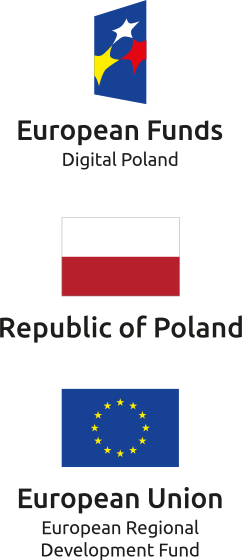Herbarium Pomeranicum
The herbarium of the University of Gdańsk provides public access to a wide range of information, including collections, by making them available online on the Herbarium Pomeranicum platform created as part of the project Integrated virtual Herbarium of Pomerania – Herbarium Pomeranicum – digitisation and accessibility of herbarium collections of Pomeranian academic units through their combination and digital accessibility.
The project was implemented with the participation of a consortium of three Pomeranian universities: the University of Gdańsk, Szczecin and the Pomeranian University in Słupsk (Project Leader).
As a result of the project, 468,000 specimens were digitized and made available online. Including:
- 288,000 specimens of the Herbarium Universitatis Gedanensis (UGDA) of the University of Gdańsk,
- 110,000 specimens from two herbaria of the University of Szczecin: 48,000 diatom specimens from the Diatomological Collection (SZCZ) and 62,000 specimens from the Herbarium Stetinense (SZUB);
- 70,000 specimens of the Herbarium Slupiensis (SLTC) of the Pomeranian University in Słupsk.

The initiative of creating a virtual herbarium of Pomeranian universities in the project “Integrated virtual Herbarium of Pomerania – Herbarium Pomeranicum – digitisation and accessibility of herbarium collections of Pomeranian academic units through their combination and digital accessibility” was implemented under the Operational Programme Digital Poland 2014-2020, sub-measure: 2.3.1 Digital providing public sector information from administrative sources and scientific resources (type II of the project: Digital Access to Science Resources) co-financed by the European Regional Development Fund and the state budget.
Total value of the project: PLN 25,065,886.20; including co-financing from the ERDF under the Operational Programme Digital Poland: PLN 21,213,259.49.
The originator of the creation of a virtual herbarium of Pomerania was Prof. Agnieszka Popiela (University of Szczecin). Together with Prof. Dariusz L. Szlachetko (University of Gdańsk) and Prof. Piotr Niedzielski (University of Szczecin, Pomeranian University in Słupsk), they started working on the concept of a project for digitizing the collections of Pomeranian universities. By inviting the Herbarium of the University of Gdańsk to cooperate, with the experience it had from previous digitization and the creation and operation of databases, standards for the digitization process and the collection and sharing of data were developed. Andrzej Łysko Ph.D. (West Pomeranian University of Technology) made a significant contribution in the field of IT, mainly programming. In January 2020, the process of mass digitization of natural science collections began in the UGDA Herbarium. This process lasted continuously until June 2023. It was a time of intensive work on nature collections, which was possible thanks to the involvement of the University of Gdańsk Herbarium project team. The implementation of such a complex and multi-stage project was possible thanks to a team of specialists and technical employees of the Faculty of Biology and many people employed in the project.

